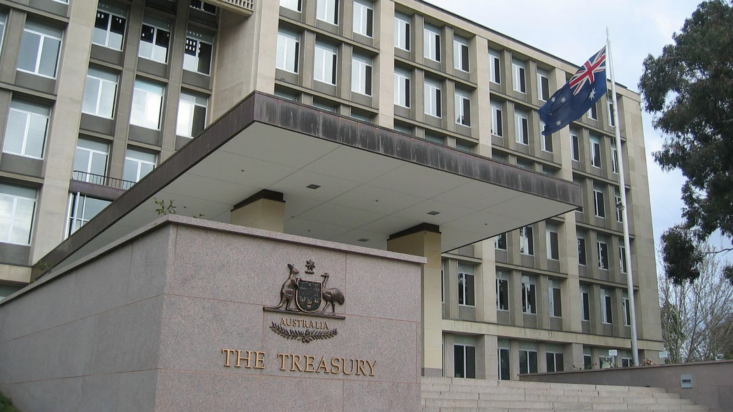AFCA’s scope within super grows as Treasury tweaks complaints body’s mandate
The Australian Financial Complaints Authority is set to gain further powers to make rulings on unresolved complaints against superannuation providers after Treasury proposed fixing a mandate issue that was brought to light in an October 2022 case against insurance provider Metlife.
The new bill will grant AFCA powers to rule on all cases that relate to superannuation complaints, not just those that meet the legacy definition of superannuation complaints under the old Superannuation Complaints Tribunal (SCT), which was folded into AFCA as part of its inception.
The narrower SCT definition of a superannuation complaint, which harks back to section 1053 of the Corporations Act, led to AFCA being unable to consider the 2022 consumer complaint against Metlife, which set an unintended precedent for the authority.
“The MetLife decision has led to AFCA being unable to consider certain complaints about insurance policies held inside superannuation which it would otherwise be able to determine,” Treasury explained in the bill’s explanatory memorandum.
The new rule would see the special rules that apply to the definition of what a superannuation complaint is abandoned, with the change being summarised by Treasury as follows: “A complaint relating to superannuation may be made to AFCA even if the complaint does not meet the definition of a superannuation complaint.”
There are 10 broad circumstances where a superannuation complaint can be deemed under Section 1052 of the Corporations Act.
The proposal seeks to preserve this definition of what a superannuation complaint is, but “clarifies the policy intent that other types of superannuation-related complaints may also be under the AFCA scheme”.
“That is, a person may make a superannuation-related complaint under the AFCA scheme even if it does not meet the definition of superannuation complaint in section 1053,” Treasury states.











